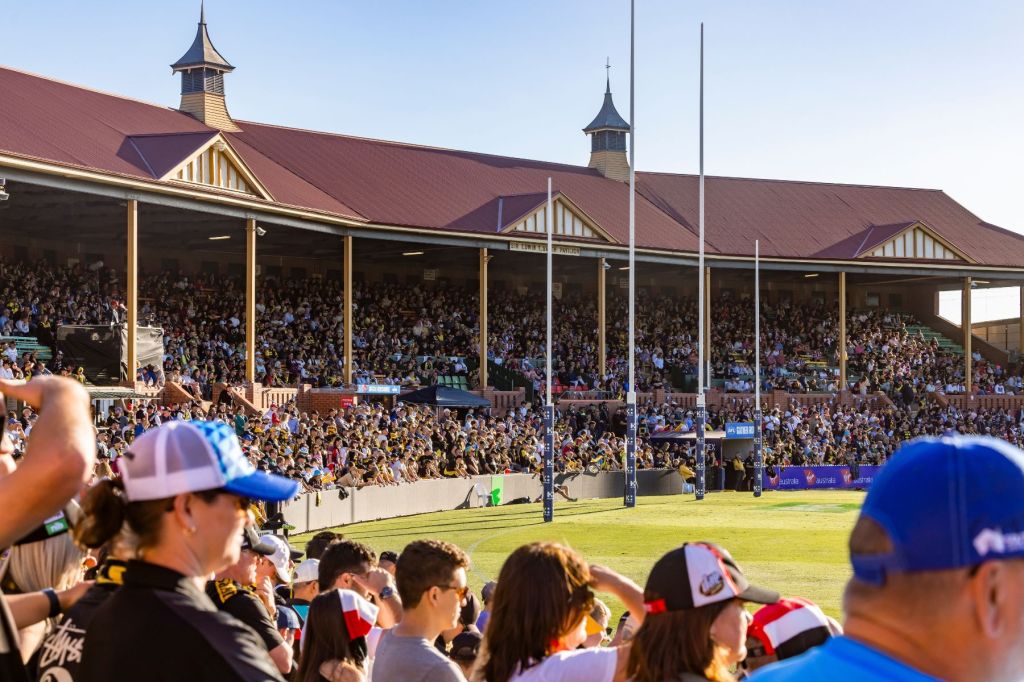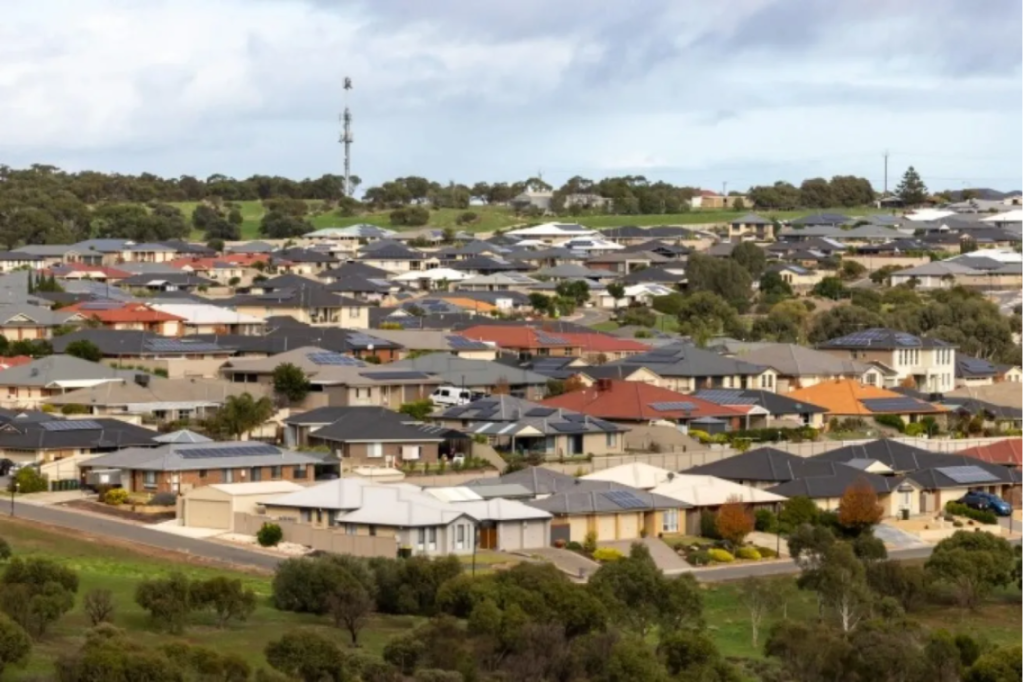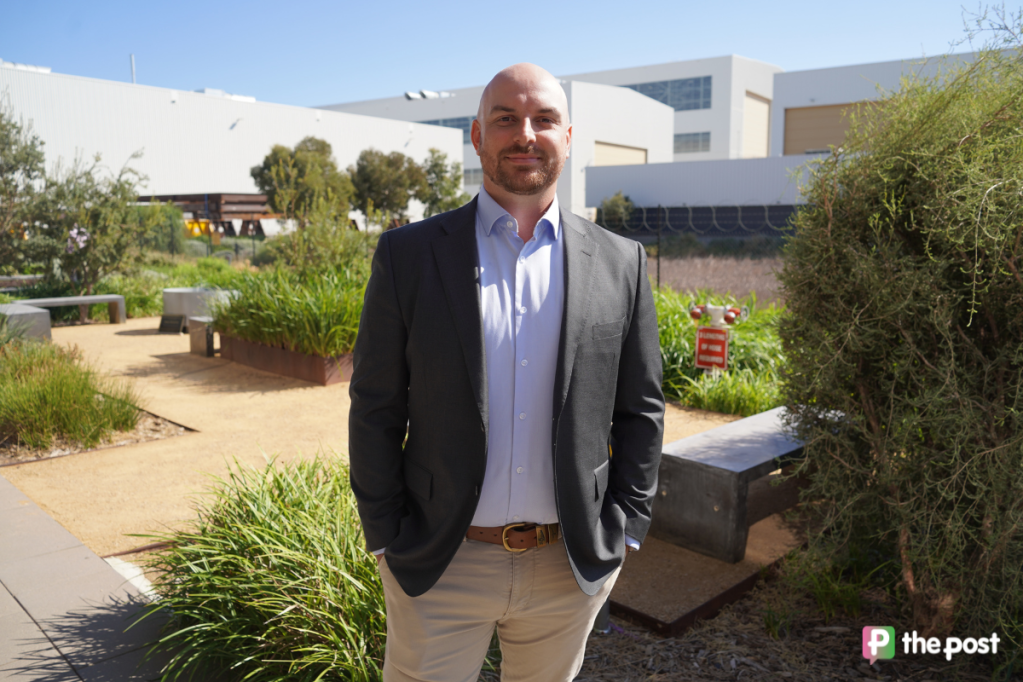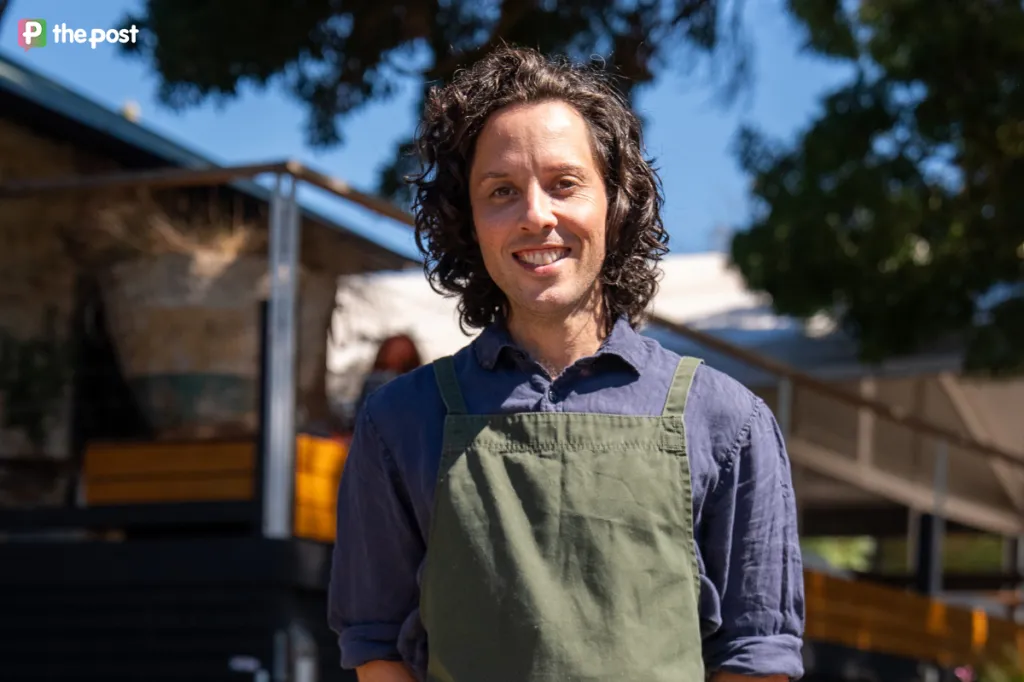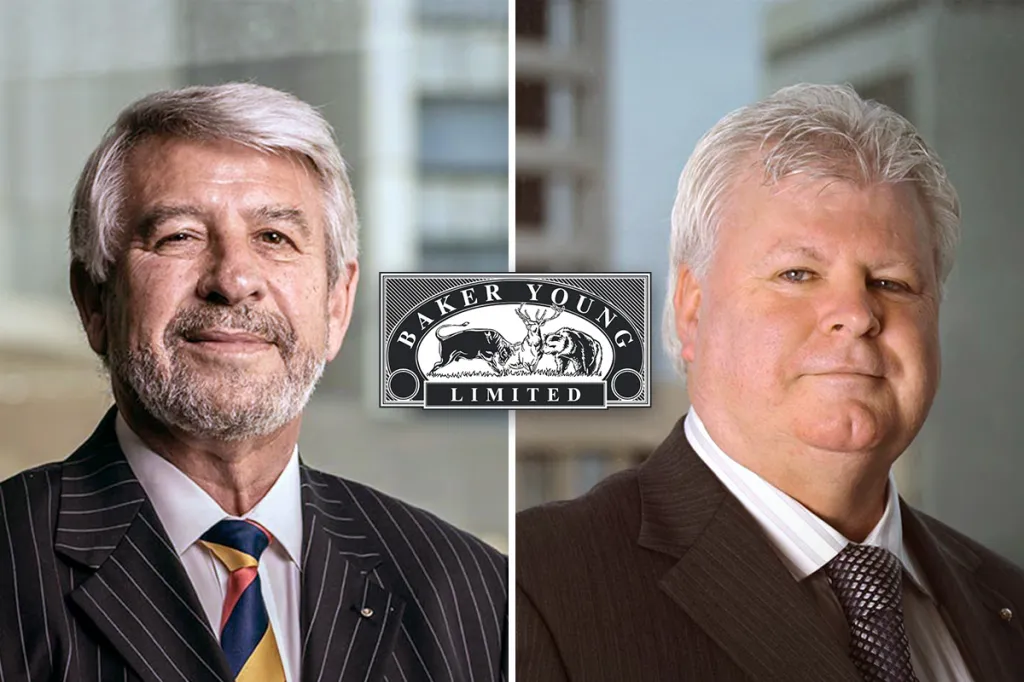Steady growth for Coopers as lager sales take off
Coopers Brewery saw a more than $4 million increase in profits in the 2024 financial year, as growth steadied across the business.
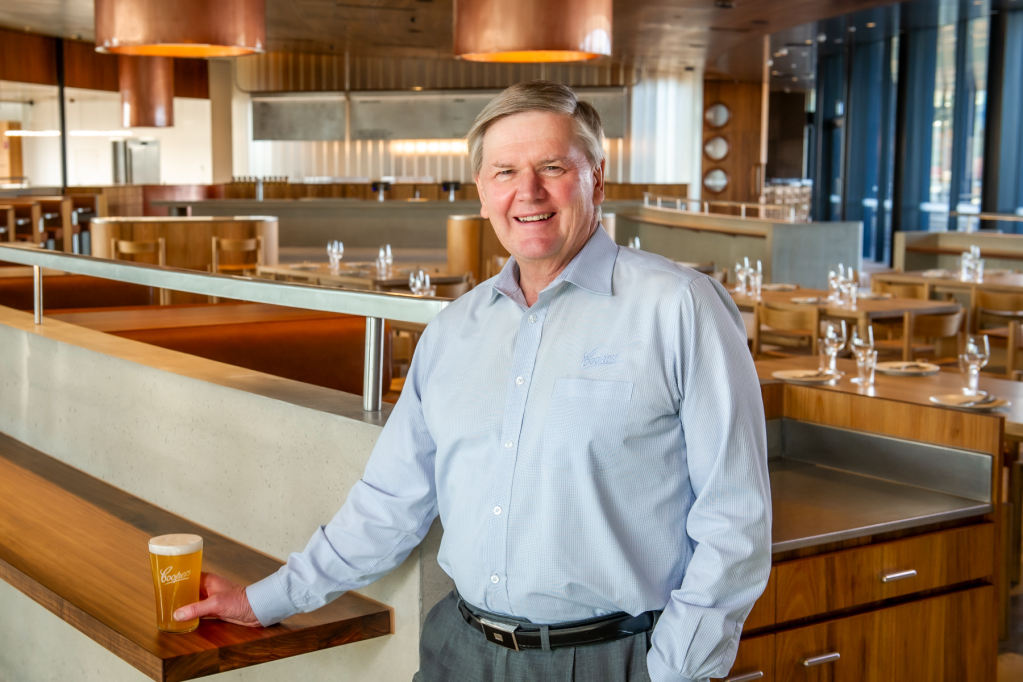
Coopers recorded $32.8 million in profits before tax in the 2024 financial year, an increase from $28.5 million in the previous period, a growth it attributed to a new beer release.
Coopers released its Coopers Australian Lager in August 2023, which the company said was a “significant contributing factor” to its 1.5 per cent rise in total beer sales for the financial year.
Managing director Tim Cooper said the lager had become the brand’s second highest-selling Coopers product on tap, and fifth highest-selling product overall.
“The Australian beer market is largely a lager market, with nearly 90 per cent of the beer being lager,” Cooper told InDaily.
“It’s important for us to keep the energy high in promoting Australian lager, and getting people to try it, because when people try it they like it.”
Coopers sold 78.7 million litres of beer in the financial year, excluding non-alcoholic beer sales. This was up from the previous financial year’s 77.6 million litres, but still less than the FY22 levels of 79.4 million litres.
You might like
The Coopers Original Pale Ale remained the brewery’s best-selling product, making up nearly half of sales, Cooper said.
Keg sales were up by one per cent, representing 12 per cent of Coopers beer sales. This growth was down from the previous financial year, which saw a 26 per cent growth in sales.
“I wouldn’t say it’s plateaued, but it’s still not up to the peaks that we had prior to COVID,” Cooper said.
“We’re still trying to get back to where we were. Our sales team, for them it’s a daily battle to try and entice, interest, work with publicans to try and get new tap points for Coopers’ products, and that’s obviously in pubs but also clubs and sporting clubs and so forth across the country.
“We would like to do better in our keg products, overall we have about 6 per cent of the packaged beer market, but we only have about 3.5 per cent of the keg market. So that’s where we could do better, and it’s something which we keep our focus on.”
Packaged beer sales were up 1.6 per cent from the previous financial year, while can sales increased to represent 43 per cent of total packaged beer sold.
Stay informed, daily
“I think the biggest challenge is still the pressure on people’s disposable income from the higher mortgage rates and the higher rents, meaning that over the last couple of years, people’s discretionary spend has been under pressure as a result of the increase in the interest rates and the impact that they have on mortgage rates and rent,” Cooper said.
“We know from our own data that the number of days that people drink beer has been diminishing, so that’s a significant issue, and of course the pressure on the discretionary spend is compounded by the 6 monthly increases in excise, which means that the price of beer goes up every six months.
“It’s a problem which we need to contend with, and through our sales and marketing teams we have to try and put our best foot forward in terms of pricing the product and explaining about the merits of the Coopers portfolio.”
South Australia was once again the largest beer market for the brand, making up 25.6 per cent of total sales volume.
Sales volume grew in all states and territories throughout the financial year, except for in New South Wales, where a 1.3 per cent decline in volume was seen.
New Zealand exports grew by 11 per cent, while malted barley sales saw a nine per cent fall, which the company attributed to tightening demand across Asia’s food and beverage market.
“In brief, we can say that we sell about two per cent of our beer overall to the rest of the world, but more than half of that is in New Zealand. A bit over one per cent of our [total] volume is in New Zealand,” Cooper said.
“Our other key markets historically have been the UK and the US, and to a lesser degree Asia.
“You tend to find our beer where expats are based, where Australians congregate.”
Coopers’ DIY and brewing products saw an eight per cent increase in sales, led by Europe and North American exports.
Cooper said the focus in the next 12 months for the business was primarily on the continued marketing of its newly opened $70 million Regency Park visitors centre, which is home to a restaurant and three bars, outdoor plaza dining and family area, tasting room, microbrewery, interactive history display and guided tours, merchandise store, whisky distillery and an underground stillage for 5000 whisky barrels.
“That’s going to be a key focus, to make sure that people know about it, so we’re aiming to promote it more and more and get on people’s radars, and be seen as Australia’s best beer venue for effectively a cellar door operation.”
